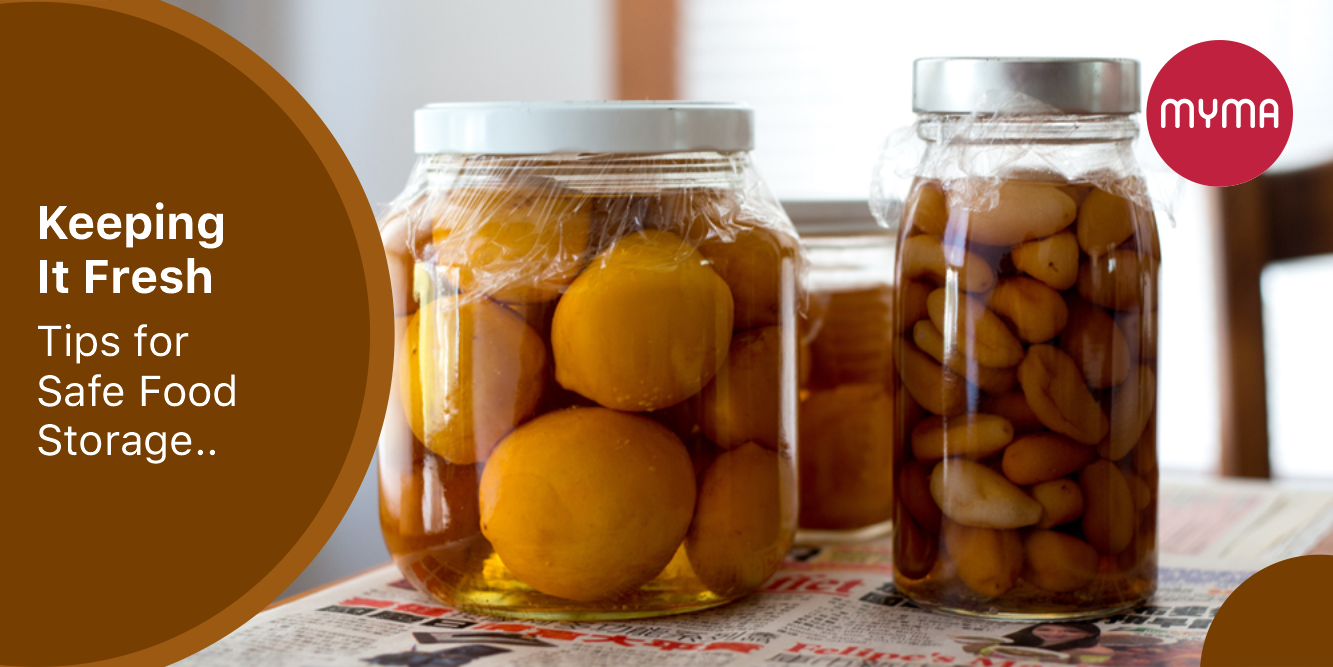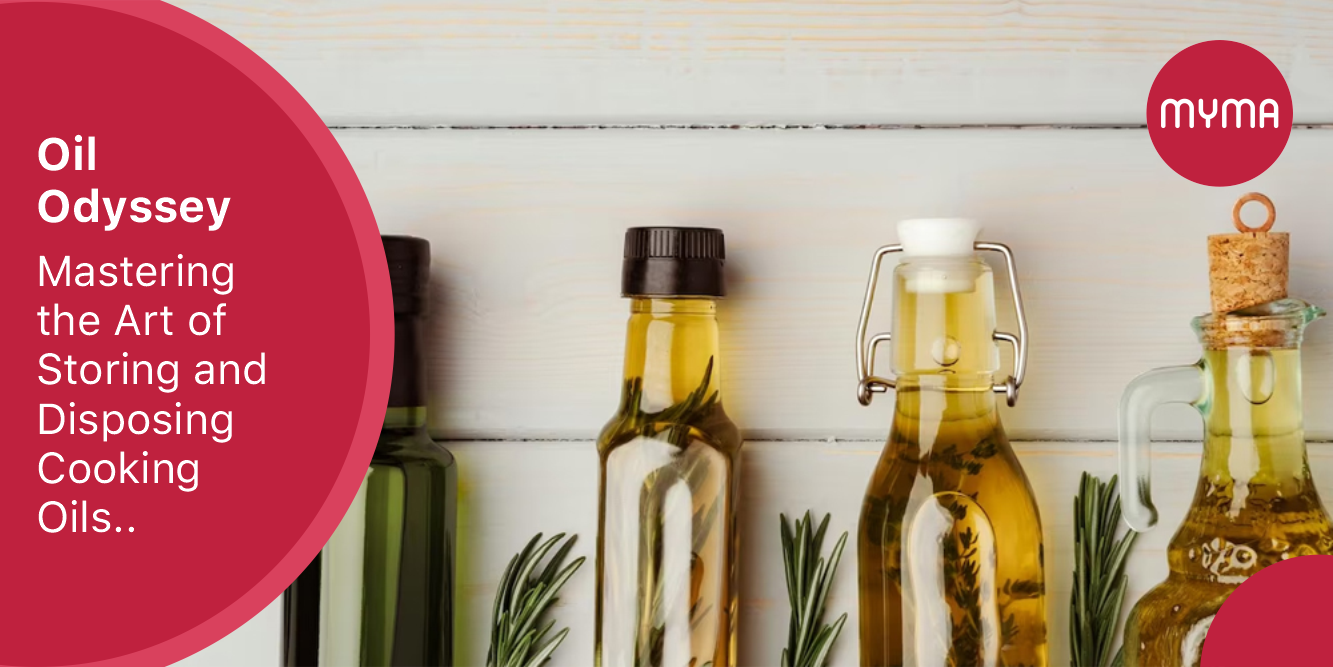We all know that food is an essential part of our life. We need to consume it to keep ourselves healthy and active. However, food can spoil easily, which can lead to foodborne illnesses. Proper storage of food is important to prevent spoilage and contamination. In this blog post, we will discuss the basics of food storage and provide tips on how to store food safely to prevent spoilage.
1. Understanding the basics of food storage
The first step to storing food safely is to understand the basics of food storage. Here are some of the important things to keep in mind:
1.1 Shelf life: Every food item has a shelf life, which is the time period for which the food item is safe to consume. After the shelf life, the food item can start to spoil and become unsafe to eat.
1.2 Temperature: The temperature at which food is stored plays a crucial role in preventing spoilage. The ideal temperature range for most perishable food items is between 35°F and 40°F.
1.3 Moisture: Moisture is another factor that can contribute to the spoilage of food. It is important to keep food items dry to prevent the growth of bacteria and mold.
2. How to store fruits and vegetables
Fruits and vegetables are an important part of our diet, and it is important to store them properly to prevent spoilage. Here are some tips on how to store fruits and vegetables:
2.1 Store fruits and vegetables separately: Fruits and vegetables give off different gases, which can cause the other to spoil faster. Storing them separately can help to keep them fresh for longer.
2.2 Use the crisper drawer: Most refrigerators come with a crisper drawer, which is designed to maintain the optimal humidity level for fruits and vegetables. Use this drawer to store your produce.
2.3 Don’t wash before storing: Washing fruits and vegetables before storing them can make them more prone to spoilage. It is best to wash them just before you are ready to use them.
3. How to store meat, poultry, and fish
Meat, poultry, and fish are highly perishable food items, and it is important to store them properly to prevent spoilage and contamination. Here are some tips on how to store them:
3.1 Keep them separate: It is important to keep meat, poultry, and fish separate from other food items in the refrigerator. This can help to prevent cross-contamination.
3.2 Use airtight containers: Store meat, poultry, and fish in airtight containers or wrap them tightly in plastic wrap or aluminum foil. This can help to prevent moisture and odor from escaping and keep the food fresh for longer.
3.3 Store at the bottom of the refrigerator: Store meat, poultry, and fish at the bottom of the refrigerator to prevent any juices from dripping onto other food items and causing cross-contamination.
4.How to store grains, nuts, and seeds
Grains, nuts, and seeds are non-perishable food items that can be stored for a long time. However, they can spoil if they are not stored properly. Here are some tips on how to store them:
4.1 Store in airtight containers: Store grains, nuts, and seeds in airtight containers to prevent moisture and insects from getting in.
4.2 Store in a cool, dry place: Store these food items in a cool, dry place to prevent spoilage. A pantry or a kitchen cabinet is a good place to store them.
4.3 Don’t store for too long: Even though these food items are non-perishable, they can still spoil if they are stored for too long. It is best to use them within six months
Myma… Ghar jaisa nahi, Ghar ka khana!





